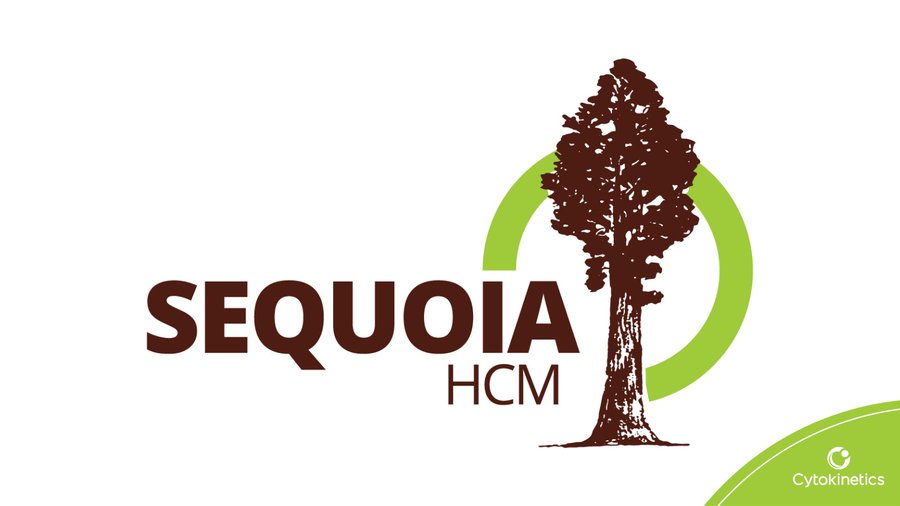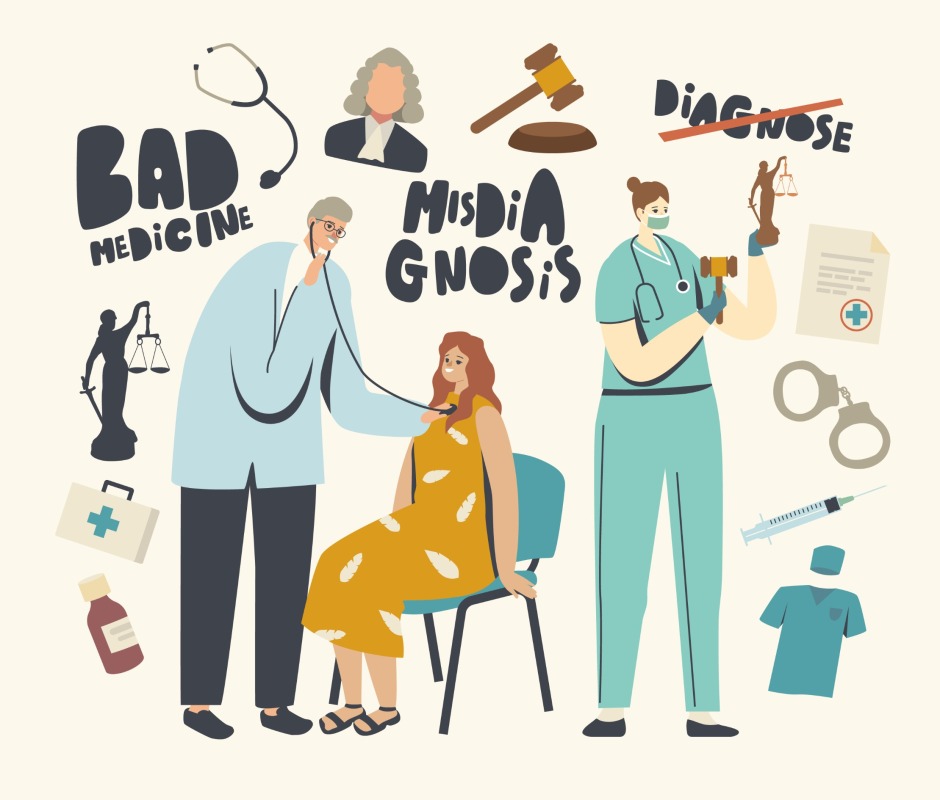Lots of good news for active HCM patients was presented at last weekend’s 23rd Annual American College of Cardiology Scientific Sessions.
The long-awaited results of the LIVE-HCM study were presented, and the results were quite reassuring for HCM patients who are vigorous exercisers.
This study followed 1534 HCM patients between the ages of 8 and 60,. Most participated in various forms of exercise over the three year period of the study, such as running, swimming and basketball. The study also included 126 participants who carried a gene associated with HCM, but did not show overt signs of the disease. 42% of study participants exercised vigorously, 43% exercised moderately, and 16% were not active.
Contrary to an older school of thought which cautioned against vigorous exercise in HCM patients, the results of the study showed NO increase in cardiac arrests, ventricular arrhythmia or fainting among the vigorous exercisers, disproving the long held assumption that vigorous exercise was dangerous for patients with hypertrophic cardiomyopathy. Also, the study found no cardiac events occurring among the group who only carried a gene for HCM but did not have the disease.
According to Dr. Rachel Lampert of the Yale School of Medicine who was the lead investigator of the study, the data from this study “does not support restriction of vigorous exercise for individuals with HCM.” Dr. Lampert also spoke about the benefits to health of exercise in general, and the need for shared decision-making between HCM patients and experienced HCM physicians when making decisions around exercise.
You can see this video of Dr. Lampert talking about the LIVE-HCM study.
And in other good news for HCM athletes, another paper supportive of competitive sports in patients with genetic heart disease was presented at ACC23. This presentation showed that 95% of competitive athletes who played at the Division 1 or professional level who elected to return to play after being diagnosed with a genetic heart disease did not experience cardiac events such as fainting, seizures, ICD shocks, sudden cardiac arrests or sudden cardiac death. Again, focusing on the need for shared decision-making and risk stratification with an expert, the researchers believe that with a comprehensive return-to-play protocol including a personal AED, annual follow-ups and continued risk evaluation, together with coordination with team and/or organization medical staff, a return to competitive sports may be possible.
Comprehensive risk assessment, combined with shared decision making around the decision to participate in sports, seems to be the way of the future. It is an important concept that was included and discussed in the 2020 ACC/AHA Guidelines for the Diagnosis and Treatment of HCM and represents an important advance for patients.










